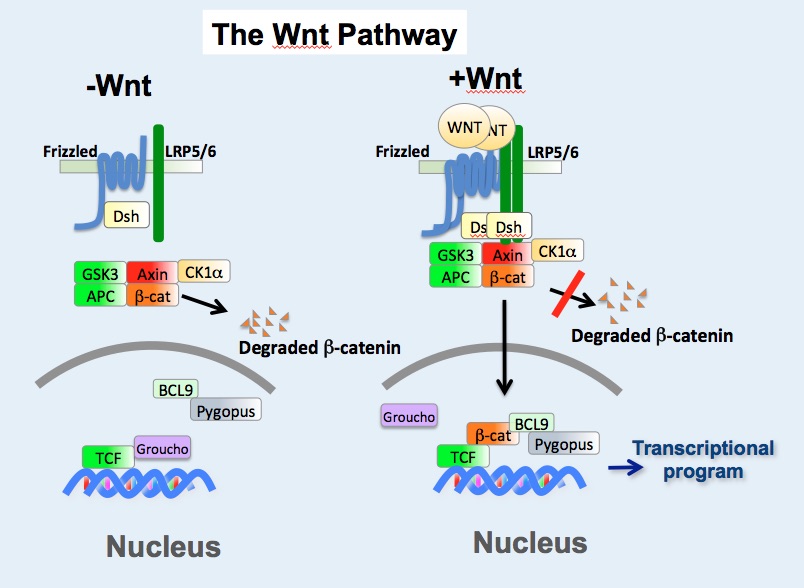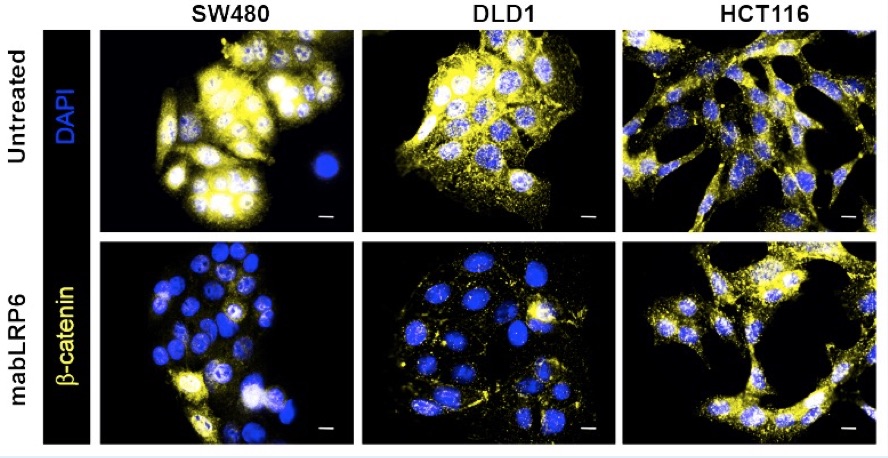Our Research
Wnt Signaling
The Wnt pathway is an evolutionarily conserved signaling pathway present in all metazoans. During early development, Wnt signaling coordinates the formation of tissues, organs, and limbs. Its misregulation leads to a variety of human diseases such as neurodegenerative disorders and cancers. Notably, over 90% of colorectal cancers contain mutations in the Wnt pathway. My lab is interested in understanding the basic mechanisms by which a Wnt signal is propagated and modulated. Our studies directly add to the field of Wnt signaling through basic biology and will inform the development of novel therapeutics in Wnt-driven diseases.

Current Model of the Wnt Pathway
Experimental Approaches
The Lee lab uses a variety of experimental approaches including biochemistry, cell biology, developmental biology, and chemical biology. Our overarching philosophy is that we focus our efforts on solving major questions in the Wnt pathway unencumbered by limitations in techniques/approaches. In many cases, this may involve developing novel methods to tackle the problem.
The monoclonal antibody mabLRP6 inhibits Wnt signaling in colorectal cancer cells with mutations in APC (Saito-Diaz et al, Dev Cell 2018)
Current Projects
Key questions about the core process by which chemically encoded information is transmitted from Wnt ligands to nuclear transcription of target genes remain. The current focus of the Lee lab includes the following:
-
Understanding the role of ubiquitin ligases and kinases in Wnt signaling and Wnt-driven diseases
-
Regulation of Wnt receptor homeostasis in development and cancer
-
Chemically-induced degradation of the Wnt effector, beta-catenin, as a potential therapy for the treatment of colorectal cancer
-
Identifying and characterizing new components of the Wnt pathway
